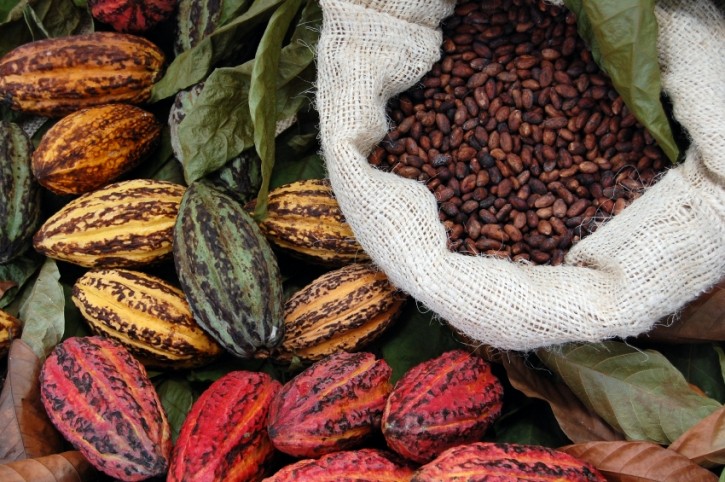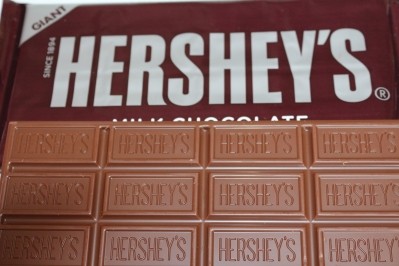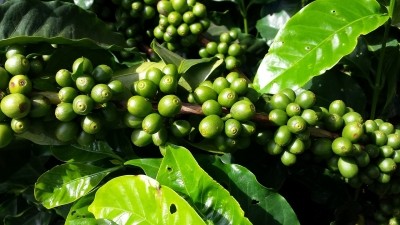Brazil’s cocoa import reliance leaves chocolate market vulnerable, says Mintel

Jean Manuel Gonçalves, senior food analyst for Mintel, produced a report on the Brazilian chocolate market where he said: “The market’s reliance on global cocoa supplies leaves it susceptible to price fluctuations and inflation, but despite that, the market is set to grow.”
Mintel forecasts value sales of chocolate confectionery in Brazil will reach BRL 7.8bn ($4bn) by 2015, up 24% from 2011.
Import dependence
However Mintel warns that the market’s dependence on cocoa imports could stunt growth by leading to chocolate price increases that put off low-income consumers.
During the 2011/12 crop year, the Brazilian cocoa grind stood at 242,490 metric tons (MT). It produced 220,000 MT of cocoa domestically, most of which was grinded in the country, leaving a sizeable deficit. Consequently, 64,451 MT were imported mainly from the Ivory Coast, according to figures from the International Cocoa Organization (ICCO).
In August last year, Brazil suspended imports from the Ivory Coast after a 10,000 MT cocoa shipment was found top be infested with bugs.
Growth from low-income groups
Mintel’s report says the growth in the Brazilian chocolate market depends on consumption from low-income groups and consumers based in the North East of the country.
“If the Brazilian chocolate market mirrors that seen in other parts of the world where the lower-income consumers are the highest purchases of chocolate, the market will see rapid growth.”
“These consumers are infrequent purchasers, and most likely to reduce consumption if there are price increases,” said the report.
Boost domestic yields or think aerated chocolate
Chocolate volumes are set to rise 7% to 276,000 MT by 2015 to satisfy rising consumption from these groups, creating a need for more cocoa and perhaps more imports.
With multinationals Mondelez and Nestlé leading the Brazilian chocolate market, incentive exists to increase domestic cocoa production to avoid volatility on the global market.
Cocoa processor Cargill started a project to boost yields in Southern Bahia, Brazil in April 2011.
According to Mintel, aerated products could appeal to the market since they carry a lower price point and could appeal as a ‘better-for-you’ option. Aerated chocolate also uses less cocoa than regular chocolate.









